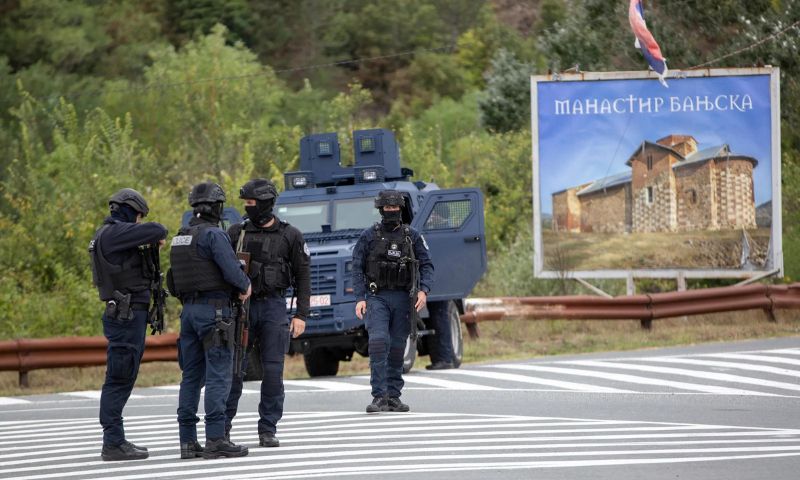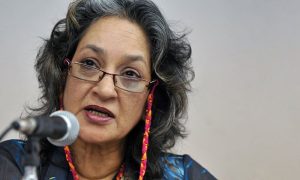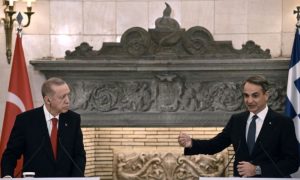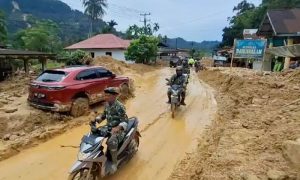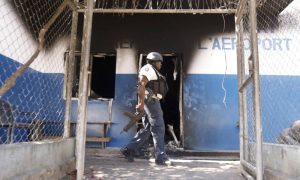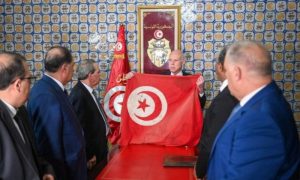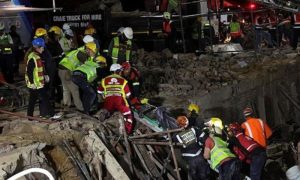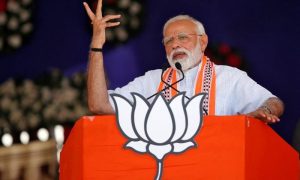PRISTINA: A tense situation has unfolded between Kosovo and Serbia following a deadly clash involving ethnic Serb gunmen and Kosovo police in northern Kosovo, resulting in accusations between the two sides.
During a siege of a Serbian Orthodox monastery in Banjska village on Sunday, one policeman and three of the gunmen lost their lives. Kosovo’s Prime Minister Albin Kurti accused Serbia of supporting the armed group responsible for the confrontation. On the other hand, Serbian President Aleksandar Vucic laid the blame for the deaths on Kosovo officials, stating that the three gunmen killed were Kosovo Serbs.
The violent standoff marks one of the most serious escalations in Kosovo in recent years and follows months of rising tension between the two nations. Kosovo declared its independence in 2008, but Serbia, along with its key allies China and Russia, refuses to recognize it as a sovereign state.
While many Serbs consider Kosovo as the birthplace of their nation, the demographic makeup of the region has shifted significantly. Of the 1.8 million inhabitants in Kosovo, 92% are ethnic Albanians, with only 6% being ethnic Serbs. The violent episode began around 03:00 local time (01:00 GMT) when Kosovan police responded to reports of approximately 30 heavily armed gunmen barricading themselves in the Banjska monastery near the Serbian border.
Three of the gunmen lost their lives during confrontations throughout the day as police carried out what Kosovo’s Interior Minister Xhelal Svecla described as a “clearance operation.” Authorities reported the arrest of six individuals and the confiscation of a substantial number of weapons but did not specify if those detained were directly involved in the attack. Meanwhile, the Serbian Orthodox Church stated that the gunmen had vacated the monastery during the night.
Deadly Clashes in Kosovo
The Kosovo police officer was fatally injured prior to the monastery’s occupation. Kosovo’s Prime Minister Kurti attributed the incursion to “Serbia-sponsored criminals,” characterizing them as “professionals with military and police backgrounds” who received funding and motivation from Belgrade.
Serbia’s President Vucic countered these accusations, placing the blame on Mr. Kurti for months of “provocations.” While condemning the killing of the Kosovo police officer as “utterly reprehensible,” Vucic asserted that Mr. Kurti bore responsibility for the incident, claiming that his agenda was to provoke a war with NATO. Vucic also contended that fewer casualties would have occurred if NATO-led KFOR peacekeepers had intervened. Presently, there are approximately 4,500 peacekeepers stationed in Kosovo.
Josep Borrell, the EU’s foreign policy chief, condemned the “heinous attack” and stressed the importance of bringing those responsible to justice. Tensions had already been running high in Kosovo following violent clashes after disputed local elections in May. Kosovo Albanian mayors had been appointed in predominantly ethnic Serb areas after local residents boycotted the elections.









